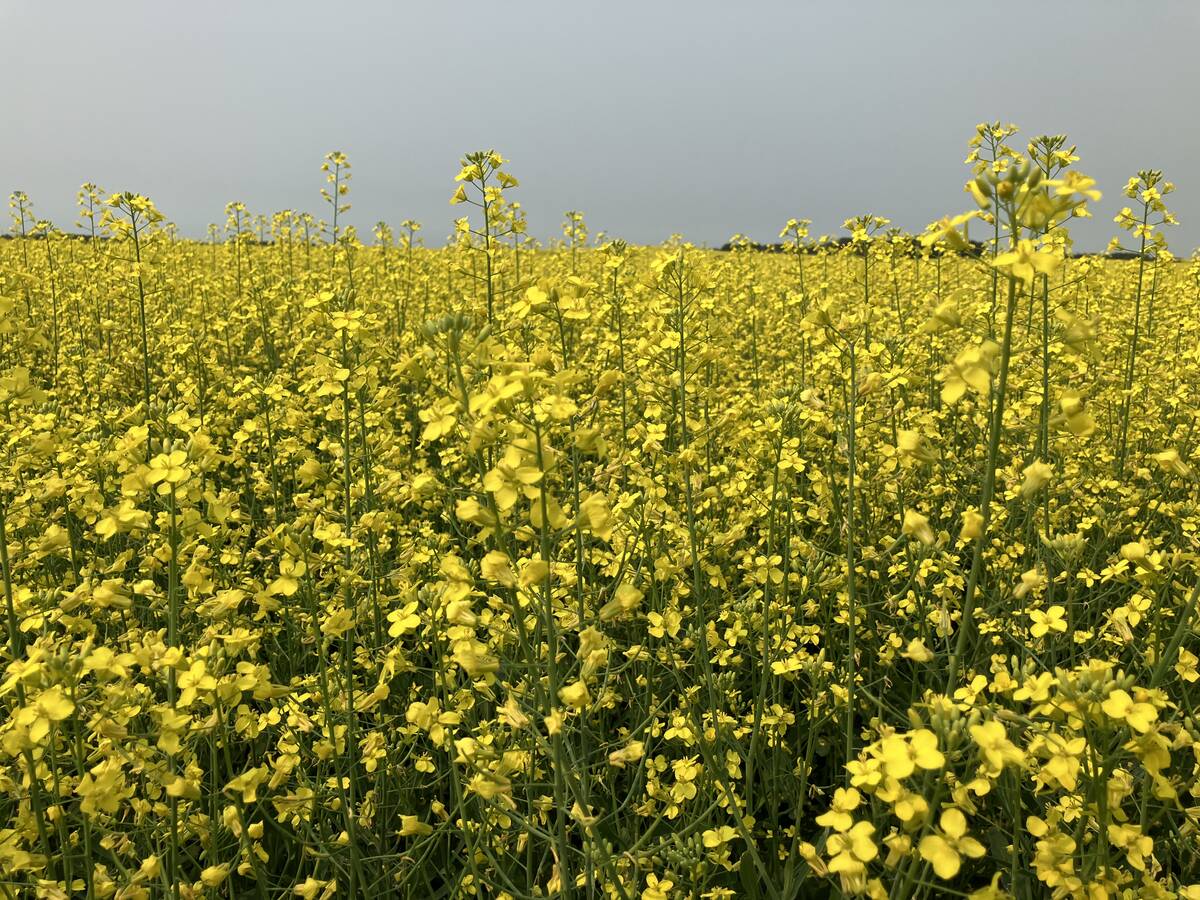Despite a recent court decision, farmers still don’t know if they’re
legally liable for rogue Roundup Ready canola growing in their fields.
Last week, a three-judge appeal panel of the Federal Court of Canada
upheld a trial judge’s ruling against Bruno, Sask., farmer Percy
Schmeiser, who was found responsible for knowingly growing Roundup
Ready canola without a licence.
Schmeiser said he plans to appeal to the Supreme Court of Canada.
Monsanto said it is pleased with the ruling.
Read Also

Canola used in only quarter of Canadian biofuel
Less than one-quarter of the biodiesel and renewable diesel used in Canada in 2024 was made from canola oil feedstock
The judges dealt with the issue of rogue canola, but did not completely
clarify it.
“This is not the definitive answer,” said University of Saskatchewan
intellectual property law professor Martin Phillipson.
The appeal court judges accepted the trial court judge’s finding that
Schmeiser knew the crop he planted in 1998 had a high proportion of
glyphosate-resistant seed, and therefore was guilty of knowingly
growing a patented crop. It didn’t deal with how his 1997 crop came to
contain the gene in the first place.
But in an earlier section of the appeal judgment, justice Karen Sharlow
suggested Monsanto’s ability to act against farmers who innocently end
up with Roundup Ready volunteers is limited. She left the door open to
lawsuits if a farmer knows that some seed may be contaminated with the
patented gene and still plants a crop with it.
Phillipson said this small section of the judgment amounts to a judge’s
opinion and is not a final interpretation of law because the matter is
not central to the case.
“If you look at that comment in a negative way, what (the judge) is
saying is that if you think there might be some Roundup Ready in there,
you’d better not plant that next year or Monsanto might have (a claim
against you),” Phillipson said.
The ruling backs up most of what the trial judge decided, and dismisses
Schmeiser’s lawyers’ arguments against the ruling. It also dismisses
Monsanto’s claim for a higher financial penalty against Schmeiser.
Phillipson said the Supreme Court is unlikely to hear Schmeiser’s
appeal because the legal issues were not complicated.
Upcoming cases are expected to delve more into Monsanto’s
responsibility for the spread of genetically modified organisms, he
said.
The Saskatchewan Organic Directorate has filed a suit against Monsanto
for allegedly contaminating organic canola with its patented gene, and
Schmeiser has filed a counterclaim against Monsanto for allegedly
contaminating his crop.

















